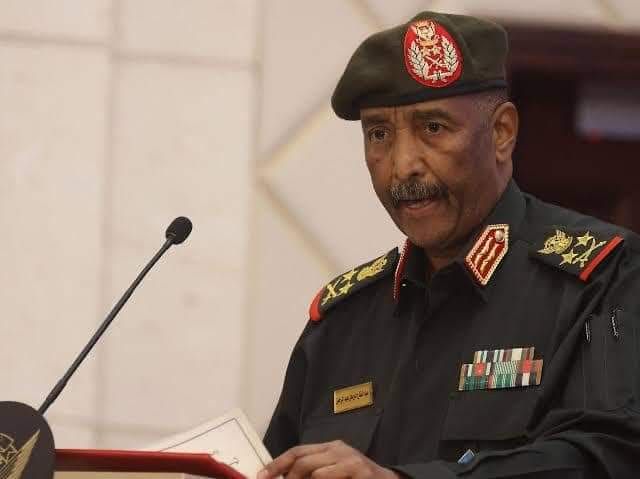Sudan’s Burhan set for expanded powers under proposed constitutional changes
January 9, 2025 (KHARTOUM) – Proposed amendments to Sudan’s constitutional document would grant General Abdel Fattah al-Burhan, head of the military-led Sovereign Council, sweeping new powers, including the authority to appoint and dismiss the prime minister, sources told Sudan Tribune on Thursday.
The changes would expand the Sovereign Council from five to nine members. Signatories of the 2020 Juba Peace Agreement would hold three seats, while Burhan would appoint the remaining six.
The amendments, drafted by political forces allied with the military, come after the Sovereign Council called for proposals to revise the 2019 document. They would scrap all provisions relating to the Forces for Freedom and Change (FFC) coalition and the Rapid Support Forces (RSF) while maintaining the representation of the Juba agreement signatories.
A source involved in the discussions said the Juba parties would keep their seats on the council but lose the right to choose their ministerial portfolios. The revised document would be valid for 39 months from the date of signing.
Under the proposed changes, the prime minister would have full authority to appoint their cabinet based on qualifications while respecting the Juba parties’ allocated share of positions. Governors and state officials would also become members of the Council of Ministers.
Burhan hinted at the amendments during a women’s event in Omdurman this week. On Wednesday, the Sovereign Council presented the proposals to Shams al-Din Kabashi, the member responsible for constitutional affairs.
Legal experts have questioned the legality of the process. Prominent lawyer Nabil Adib told Sudan Tribune that Article 78 of the constitutional document, which grants the right to amend, requires a two-thirds majority vote by the Transitional Legislative Council, which does not currently exist.
Adib acknowledged the need for amendments given the changed political landscape following the sidelining of the FFC and the RSF. However, he stressed the need for an inclusive national dialogue to ensure legitimacy. He said the provision granting legislative powers to the Sovereign Council and the Council of Ministers does not apply to constitutional amendments, which explicitly require a two-thirds majority vote by the Legislative Council.

